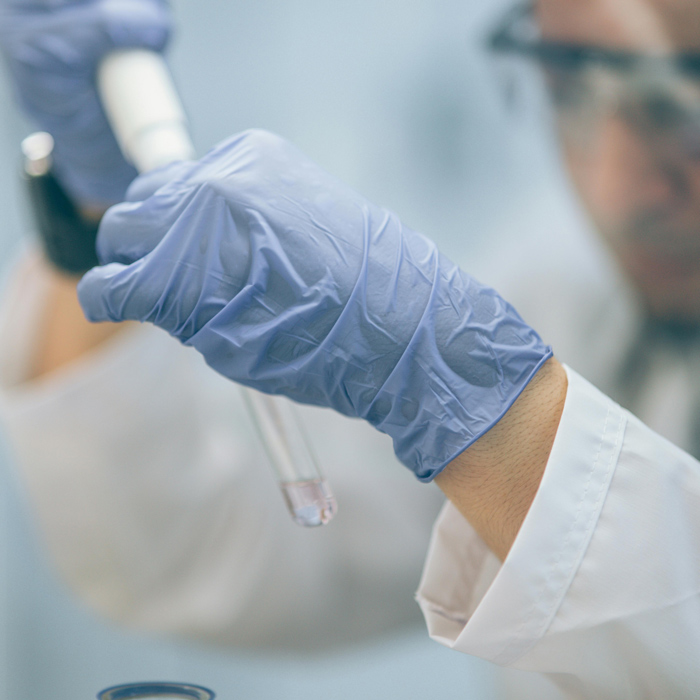Does Coffee Cause Magnesium Deficiency? Experts Weight In
I’m a coffee lover, and like so many others, I love the smell and taste of freshly brewed coffee. But, as with most things in life, too much of a good thing can be bad. As I was researching about coffee, I came across the potential link between my favorite beverage and magnesium deficiency. Could it be true? Does drinking too much coffee really cause a magnesium deficiency? I decided to do some research and find out.
Magnesium is an essential mineral in our bodies, helping to regulate nerve and muscle function, blood pressure, and other important biological processes. It is also necessary for healthy bone and teeth, DNA synthesis, and energy metabolism. Without enough magnesium in our bodies, we can experience muscle cramps, anxiety, fatigue, and depression. In other words, it’s essential that we get enough magnesium in our diet! Foods like nuts, legumes, dark leafy greens and whole grains are excellent sources of magnesium. However, if you don’t think that your diet provides enough magnesium for your needs, you might consider taking a supplement.
It turns out that coffee can actually lead to a decrease in magnesium levels. This is because coffee can cause our bodies to excrete more magnesium than usual, meaning you have less of it left in your system. Furthermore, coffee can also interfere with the absorption of magnesium from other food sources. “There are a few very anecdotal studies that show that when you drink coffee, the intestinal lining actually has a drop in its ability to absorb magnesium,” says internal medicine and gastroenterologist Niket Sonpal, MD. He says that some researchers found that there was an association between people who drank lots of coffee and magnesium deficiency.
“The coffee isn’t leeching the magnesium out,” he explains. “The coffee itself [may reduce] your intestine’s ability to absorb [magnesium], which over time can result in a magnesium deficiency.”
Although this does not mean that you should cut out coffee altogether, it is important to consider how much you are drinking and make sure that you are getting enough magnesium from other sources.
“When it comes to coffee and magnesium, you shouldn’t worry about it, but you should be mindful of the connection.”
Niket Sonpal, MD
Zandra Palma, MD, an integrative doctor at Parsley Health, agrees by saying “Coffee—or caffeine in general—is not the primary reason people become deficient in magnesium,” . She says that it’s difficult for most people to get their daily recommended amount of magnesium from food alone “because of modern farming practices, our soil is less nutrient rich than it used to be, which then means the plants and animals we eat have less nutrients.”, and as a result it’s important to be mindful of your intake and make sure you’re getting enough.
Dr. Sonpal says that if you’re concerned about whether or not you have a magnesium deficiency, the best way to find out is to get your magnesium levels tested. and besides eating magnesium-rich foods, you can also add a supplement to your daily routine. There are many types of magnesium out there, so be sure to talk to your doctor about which one is best for you.






